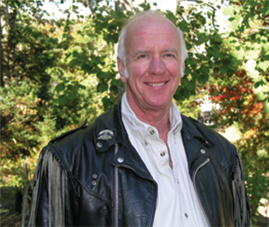The Wisdom of ‘I don’t know’
29/06
Our school system conditions us to know. The wisdom of ‘I don’t know’ is rarely, if ever, mentioned. We learn that knowing is the best and most rewarded place to be. We are taught to know first and fastest and to know more than all others. That, we are taught, is the path to greatest success.
I wonder?
Amy Cuddy, Harvard psychologist, offers a recent article about first impressions
https://www.linkedin.com/groups/1426/1426-6146733109367824386
There are, she tells us, two factors that dominate, do I trust this person and is this person capable. Her studies show that it is the trust part that wins hands down over how capable (the knowing part) that gains the most favour. That was in the scenario of a first impression, like when being interviewed for a position. She explains how if the interviewee concentrates on impressive ability but forgets to be human and build relationship, they are not likely to be invited back. Trust is built upon being human and developing relationship.
Let us look from another angle. As one who is trying to inspire others to greater contribution, which is more important, that I trust the person I wish to inspire, or that I dazzle them with my knowledge? When I provide direction to those who report to me, what works better, to tell them or to ask them? Even if they have never done the task before and have not been trained for it, what will call forth the greatest in these people?
Imagine these simple dialog options:
Here is what needs to get done and the way to do it is as follows
Or
Here is what needs to get done. In your experience, what do you think might work well?
The second is a form of ‘I don’t know’ statement. Which one would you be most likely to respond positively to?
‘I don’t know’ comes in many forms. Most of the time it does not mean that I really do not know but is received as an invitation to contribute (a statement of trust). One of the highest human needs is to feel that I make a difference, that I am invited to contribute. A few of the forms include: What can you add here? What is your best thinking on this? What would you do/try? What can you tell me about this? How can you help me with this? … etc
‘I don’t know’ flattens hierarchy in a way that enables far greater contribution than ‘I do know, so just do what I say’. Ownership of the result is increased. More of the individual becomes engaged, in a time when employee engagement in North America is, on average, hovering below 40%.
By all means, study, learn, know. It is all in the delivery where ‘I don’t know’ is King/Queen. Please do not let the simplicity of this idea cause you to discount it. Try it and see what happens.

